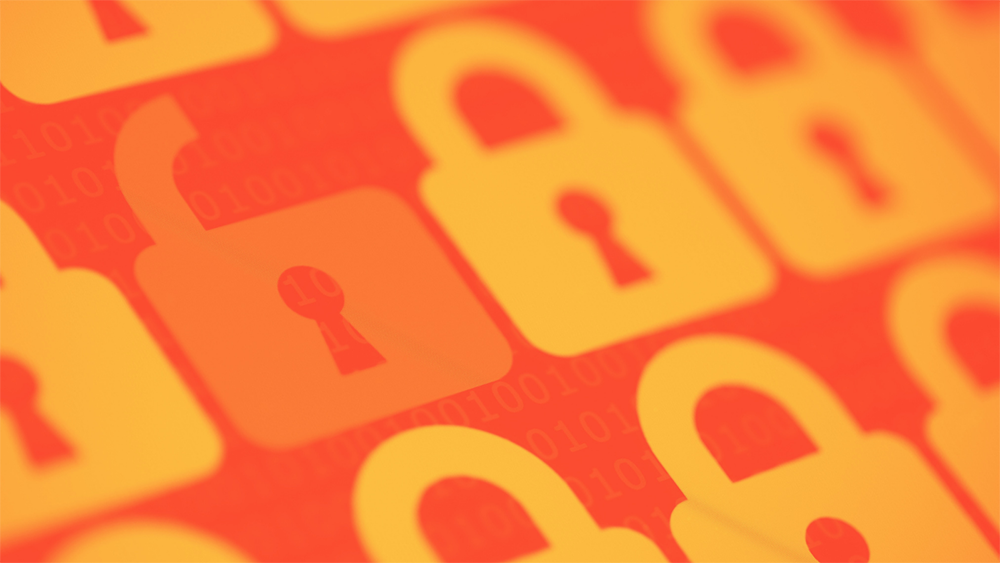You’re accessing archived content
This is archived content from the UIT website. Information may be outdated, and links may no longer function. Please contact stratcomm@it.utah.edu if you have any questions about archived content.
Still using the AnyConnect VPN? Please switch to GlobalProtect now.

AnyConnect and older GlobalProtect clients will be retired in 2022
Time to transition to the university’s new Palo Alto GlobalProtect virtual private network (VPN) client is running out. Members of the University of Utah and University of Utah Health communities must install and start to use the client for their VPN needs before Friday, December 31, 2021.
“We need everyone’s support and collaboration to make this transition as smooth as possible,” said Abraham Kololli, associate director for UIT Network Services.
The U’s VPN provides off-campus users with a secure connection to the university network when they need to access resources such as local/departmental file shares, private IP-addressed systems, some Marriott Library databases, Epic (clinical) applications, and Webtools.
The new GlobalProtect client was selected as the university’s central VPN solution for a variety of reasons — it provides an encrypted, identity-based internet connection; it’s integrated with security controls that scan for malicious content; it’s faster and provides more throughput; and it offers better logging and tracking, which is expected to improve troubleshooting and IT security incident management efforts.
“The GlobalProtect VPN has so many benefits over the Cisco AnyConnect VPN, and we’ve had positive feedback from our user acceptance testing,” said Amy Talbot, product manager in UIT Product Management (CTO Office).
University VPN users will be required to use the GlobalProtect client when the U’s VPN contract with Cisco expires in 2022, after which AnyConnect and older GlobalProtect clients will be retired. IT staff are encouraged to work with their users to install the new client in advance to help avoid service interruptions and performance degradation.
Please visit this IT Knowledge Base article for installation instructions (local IT staff support may be needed to install the client on U-owned and -managed devices).
Users who need to access other restricted IT resources or local machines may also use remote desktop protocol (RDP), secure shell (SSH), virtual desktop infrastructure (VDI), or virtual network computing (VNC). If users are unable to access resources using only the VPN (e.g., resources behind a departmental firewall), UIT recommends that users first connect to the GlobalProtect client to verify their identities, then use their preferred remote access management client.
If your organization utilizes RADIUS server realms to assign VPN source internet protocol (IP) addresses from a specific pool, UIT can help migrate your users to the new VPN solution. Please submit an IT service request online (authentication is required), selecting UIT-NCI-Network Operations (NOC) in the field for assignment group.
Please remember, the U’s VPN service is for university purposes and is not required to connect to many of the university’s online resources (e.g., UMail, Canvas, Ultimate Kronos Group (now MyTime), and Campus Information Services), which are accessible with an internet connection.
If you have questions, please contact your respective help desk: UIT Help Desk (801-581-4000, option 1) or ITS Service Desk (801-587-6000).
Node 4
Our monthly newsletter includes news from UIT and other campus/ University of Utah Health IT organizations, features about UIT employees, IT governance news, and various announcements and updates.
